Putting Inclusion to Practice
Creating inclusive programs and environments is a priority for many organizations, but what does this mean in practice? Inspiring programs such as the Hijabi Ballers, Free Footie and the North Preston Surf Program put the inclusion principles of respect, dignity and openness into action.
Accessibility During COVID-19
Accessing healthcare and other services (including sport, recreation, and social activities) during the pandemic may be particularly challenging for people with disabilities. Sport organizations can help to mitigate these challenges by planning virtual events (e.g., guest speakers, trivia), promoting a healthy lifestyle (e.g., video tutorials on adapted physical activity), and sharing information from public health…
Becoming Para Ready
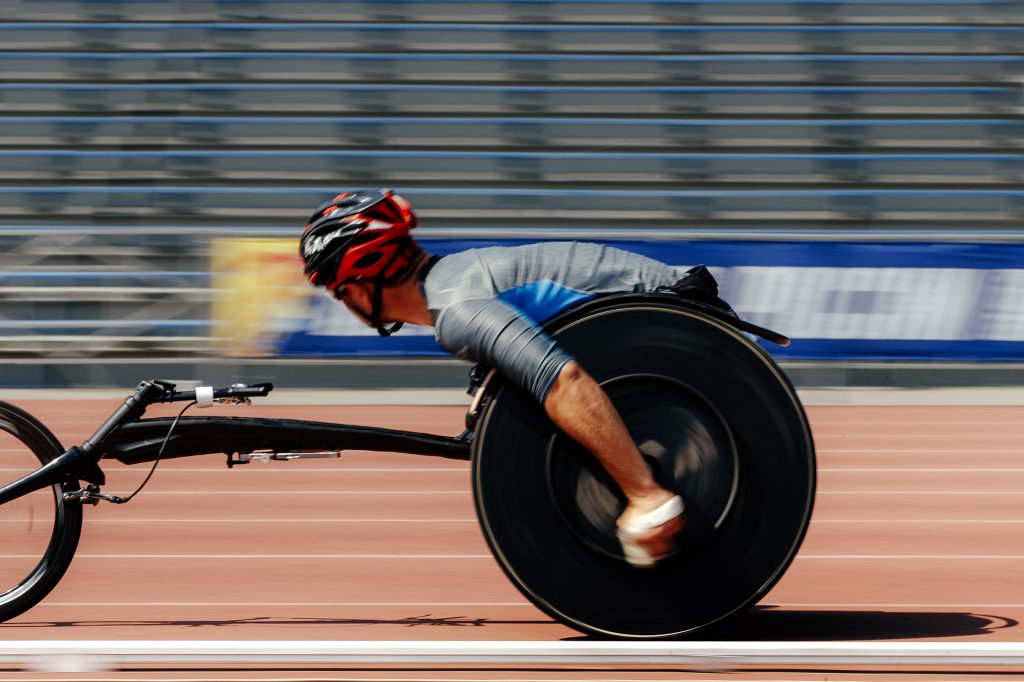
In 2017, 6.2 million Canadians reported having a disability and it was estimated that only 3% of those individuals engaged in regular organized physical activity (Statistics Canada, 2017; Government of Canada, 2012). Of the often-limited opportunities available, individuals experiencing disability may choose to participate through either segregated or integrated programs. Segregated sport programs are typically…
Virtual Volunteering
Virtual volunteering is a novel way to engage volunteers during persisting COVID-19 restrictions, but it doesn’t need to stop post-pandemic. Online opportunities can help sport organizations build their pool of volunteers, attract volunteers with diverse skill sets, and become a more flexible and inclusive organization.
Inclusion Must Be Intentional
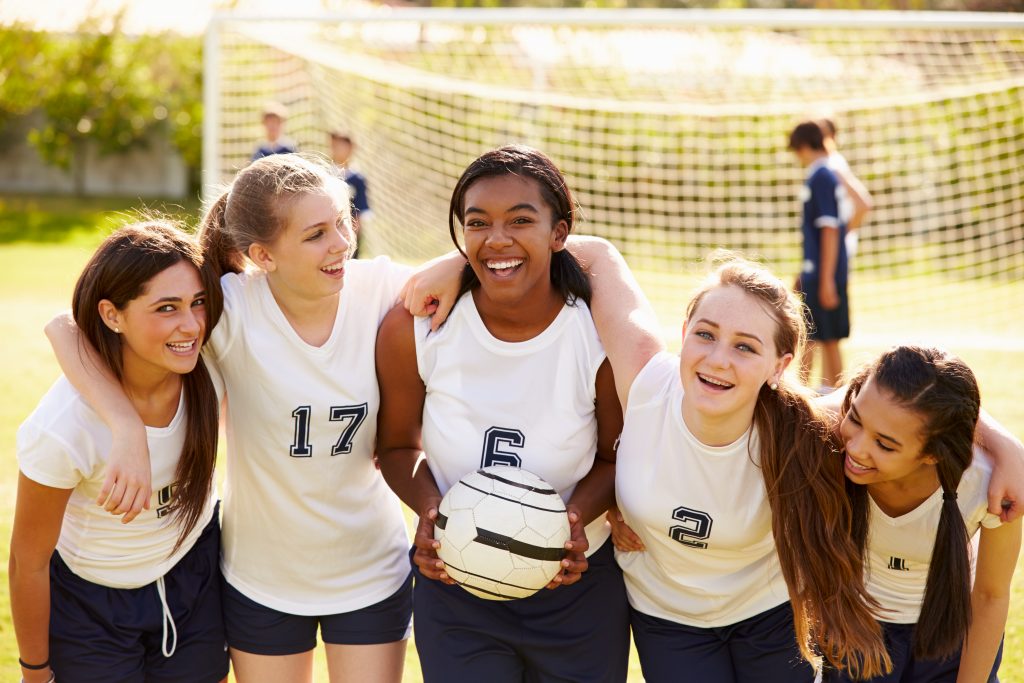
According to the Oxford English Dictionary, “inclusion” is the action or state of including or of being included within a group or structure. True inclusion involves authentic and empowered participation and a true sense of belonging for all participants. However, if we want to be successful with inclusion, we must intentionally plan for it –…
A sport-based critical hours program for low-income youth
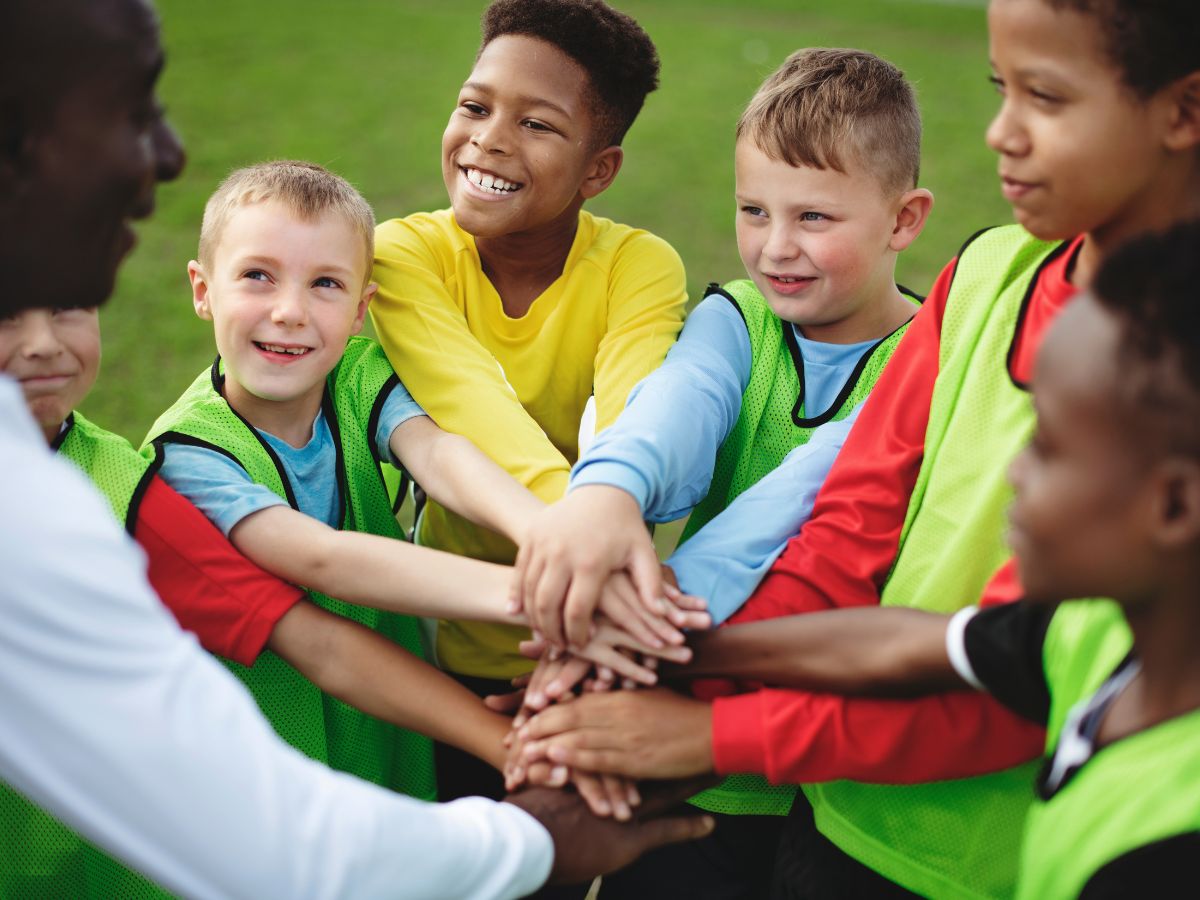
Project Summary This program of research addressed three important issues faced by Canadian children; the problem of low physical activity, the need to increase sport participation, and the absence of programming during the ‘critical hours’ after-school period (see Active Health Kids Canada, 2012 Report Card for a review). It is particularly important to offer critical…
Inclusive Return to Play
With return to play top of mind for many sport organizations, it’s important to remember that no one should be left out. Developing an inclusive return to play plan (that, for example, considers the needs of persons with disabilities) is crucial for ensuring that all Canadians have safe and equitable access to sport and recreation…
Tai Chi (TC) for older adults: Improving physical and psychological health and identifying and overcoming cultural/ethnic barriers to participation
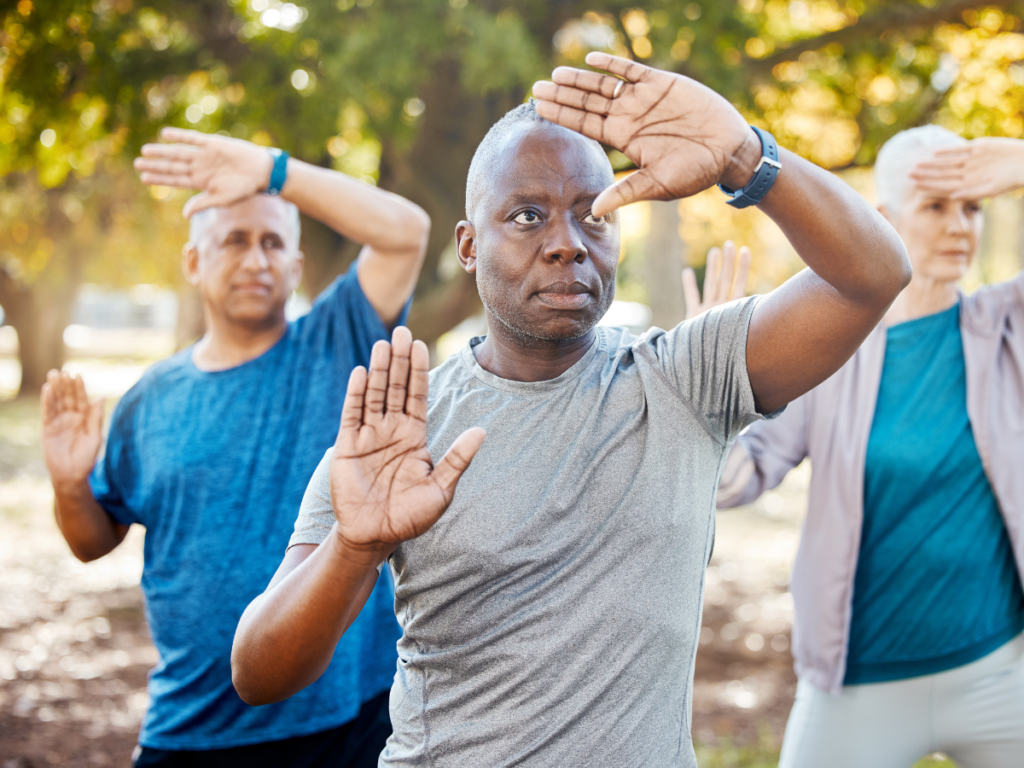
Project Summary Tai Chi (TC), a traditional Chinese exercise, has been shown to have several health benefits. In general, TC is a widely practiced, well received exercise in large populations in China. Such generally positive attitudes towards the exercise result from a long history of practice in Chinese culture. The current literature has identified some…
A promising community-based hip-hop dance intervention for the promotion of psychosocial and physical well-being among youth living in a disadvantaged neighbourhood
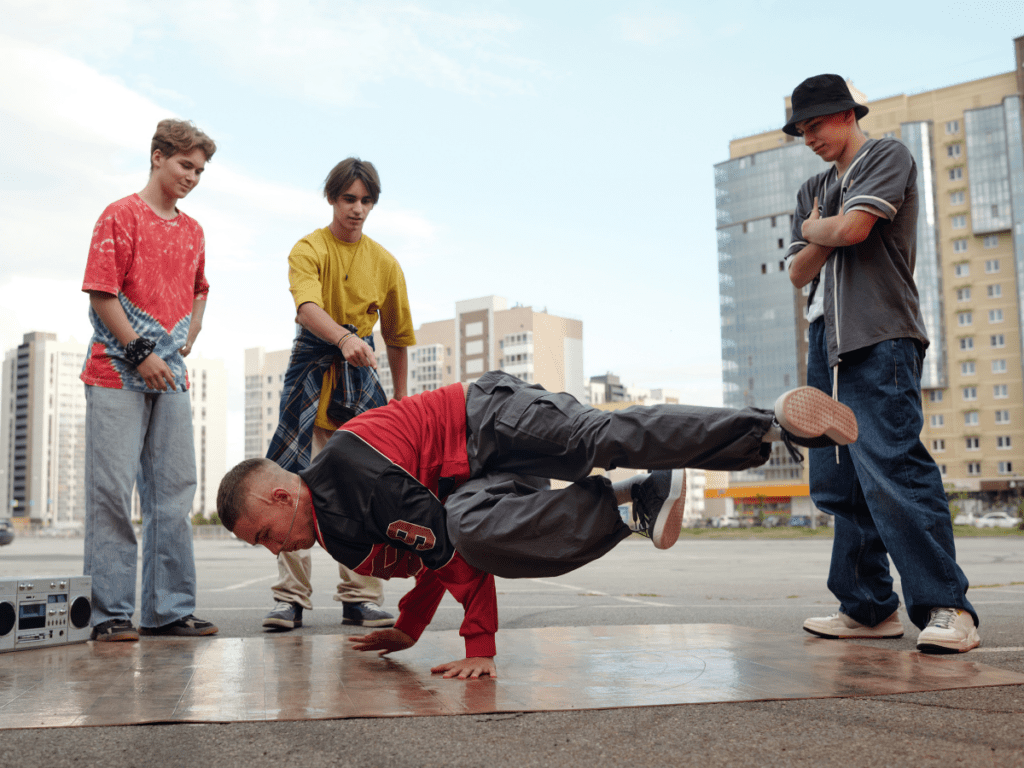
Project Summary This project involved a partnership between the University of Ottawa and three community partners: South-East Ottawa Community Health Centre (SEOCHC), Culture Shock Canada, and Heron Road Community Centre. Prior to implementing a new physical activity program in South-East Ottawa, an initial study sought to better understand the needs, barriers, and facilitators to youth…
National Accessibility Week 2020
It’s National Accessibility Week! Engaging athletes with a disability is about more than access: it is about meaningful activities that provide participants with feelings of belonging, choice, challenge and success. For this reason, researchers from the Canadian Disability Participation Project developed the Blueprint for Building Quality Experiences in Sport for Children, Youth, and Adults with…